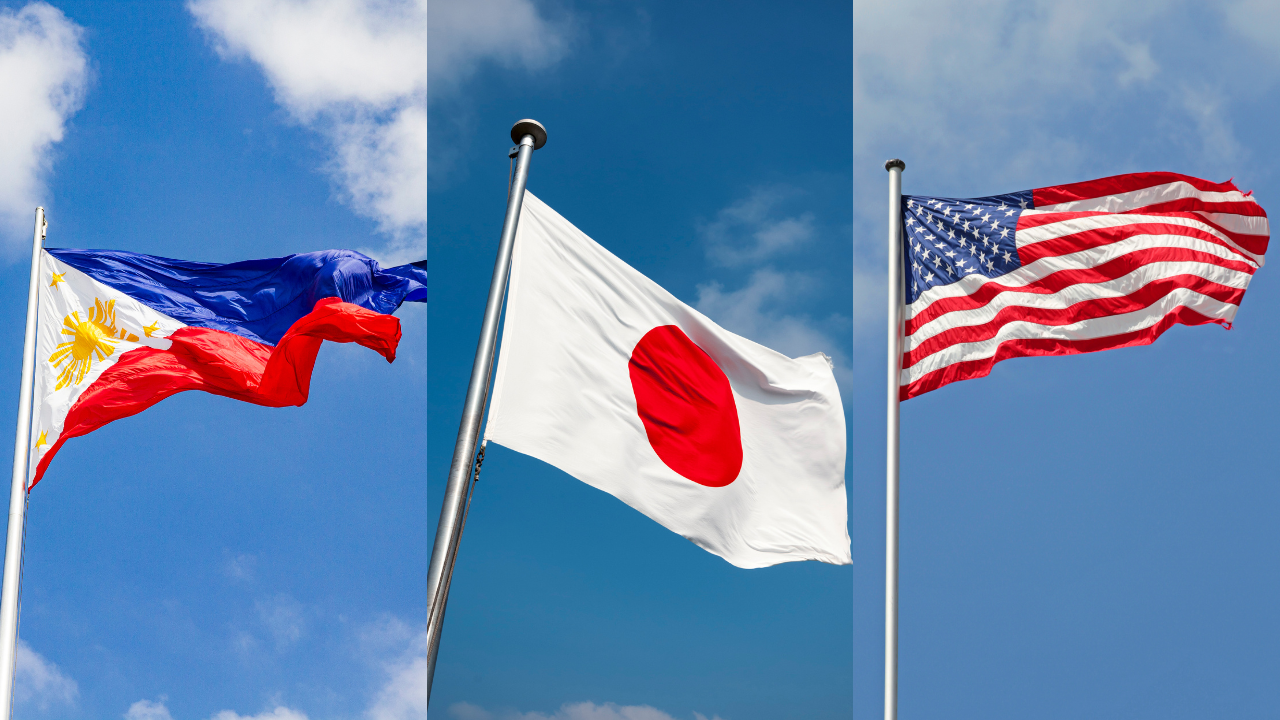West PH Sea: Recent US-PH-Japan sea drills viewed as ‘counter-China’ effort

INQUIRER.net stock images
MANILA, Philippines — The Philippines joined the recently-concluded coast guard drills of the United States and Japan in what experts see as a “counter-China” move and a nod to “minilateralism” amid the regional power’s growing aggression.
Philippine Coast Guard’s (PCG) BRP Teresa Magbanua, with 123 personnel aboard, returned to Manila port on Wednesday after participating in the drills held off Kagoshima waters in Japan last week.
Manila’s participation in the drills was in line with its standing agreements with both Tokyo and Washington, according to Rear Admiral Hostillo Arturo Cornelio, PCG deputy commandant for administration.
Prior to this, the three countries had also conducted joint coast guard drills off the coast of Bataan in June 2023.
READ: PCG to hold first trilateral maritime exercise with US, Japan in June
This year’s coast guard drills focused on search and rescue operations, particularly firefighting and communication exercises, among others, according to Cornelio.
“This exercise was [done] just to promote regional cooperation,” Cornelio said in an interview during the sidelines of BRP Teresa Magbanua’s welcome ceremony at PCG headquarters.
‘Counter-China security cooperation’
However, a senior fellow at US-based East-West Center believes that such a move intends to send a clear message to China.
“The intended message from the US, Japan and Philippine side is that increased aggressiveness by China is causing increased counter-China security cooperation by the US and its friends in Asia,” said Chinese foreign policy expert Denny Roy in a message to INQUIRER.net on Wednesday.
Roy further said observers in Beijing would likely see the development as a proof of Washington’s move to frustrate the former’s bid for regional control.
“China’s interpretation will be that this is more evidence of a US-led campaign to suppress China’s regional leadership and influence,” Roy said. “Chinese strategists will also see this in the context of a presumed US plan to trap China within the first island chain.”
The Philippines and Japan are part of the “first island chain”, which experts view as Washington’s first line of defense against potential Beijing’s expansion in the Pacific.
From ‘isolated victim’ to ‘central partner’
For a West Philippine Sea monitor, Beijing’s aggression in the region, which Manila strategically exposed, led to such moves which he deemed as “coordinated international pushback.”
“The Philippines’ second round of joint coast guard exercises with Japan and the US represents just one of the myriad operational dividends of Manila’s assertive transparency campaign of the past two and a half years,” Ray Powell, director of SeaLight and program head of Stanford University’s Gordian Knot Center for National Security Innovation, told INQUIRER.net on Wednesday.
“The Philippines’ deliberate strategy of exposing China’s gray zone aggressions in the West Philippine Sea has pulled in allies old and new, fundamentally transforming its strategic position from isolated victim to central partner in an increasingly coordinated international pushback,” the retired US Air Force colonel also said.
READ: PCG urges US, Japan coast guards to boost presence as China trespass law looms
Seen by some experts as a response to the island chain strategy, Beijing has continuously conducted aggressive actions in its bid to establish its sovereignty claim in almost the entire South China Sea, but the arbitral award effectively dismissed this while ruling heavily in favor of Manila’s sovereign rights in the West Philippine Sea.
‘Minilateral’ show of force
A security expert on Wednesday also said such a move is a part of a “minilateral” move on the part of the three countries to uphold “rules-based order” in the first island chain.
“We have seen that the tripartite defense agreement of Manila-Tokyo-Washington is emboldened with a common agenda of strengthening maritime rules-based order in the first island chain,” said Chester Cabalza, president and founder of Manila-based think tank International Development and Security Cooperation, in a message to INQUIRER.net.
“This is a show of force of the minilaterals,” Cabalza also said.
Minilateral diplomacy’s notable characteristic is its emphasis on shared interests on specific issues.
In the case of Manila and Tokyo, both nations have territorial disputes with Beijing over the maritime features in the West Philippine Sea and Pinnacle (Senkaku) Islands, respectively.
Cabalza said China should “listen to the wisdom of minilateralism.”
“The trilateral maritime exercise is an outcome of Beijing’s unpopular voice and narrative in the contested international waters,” he further said.
For comprehensive coverage, in-depth analysis, visit our special page for West Philippine Sea updates. Stay informed with articles, videos, and expert opinions.


















